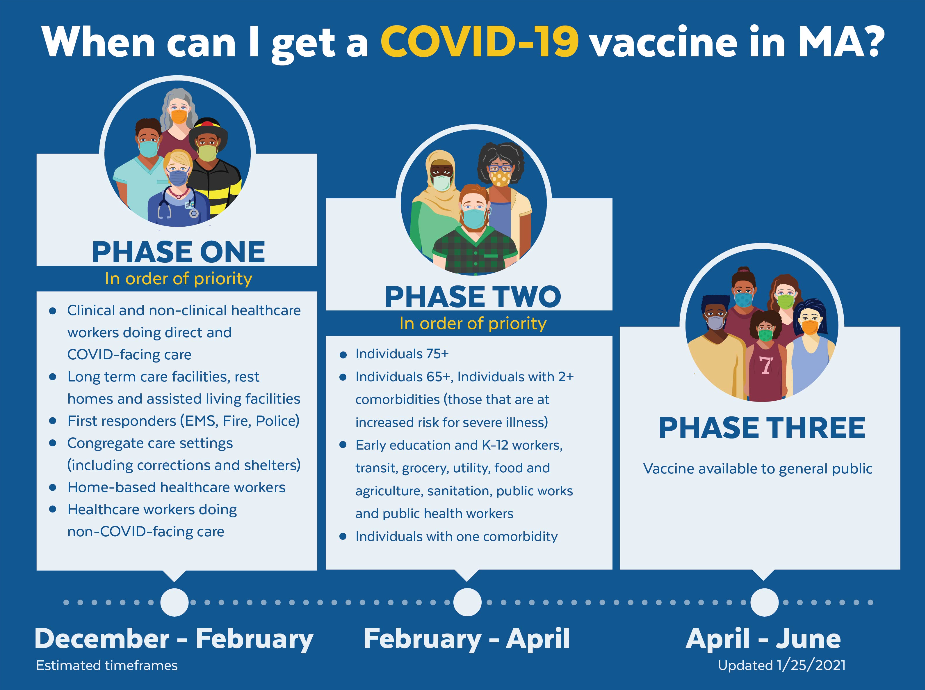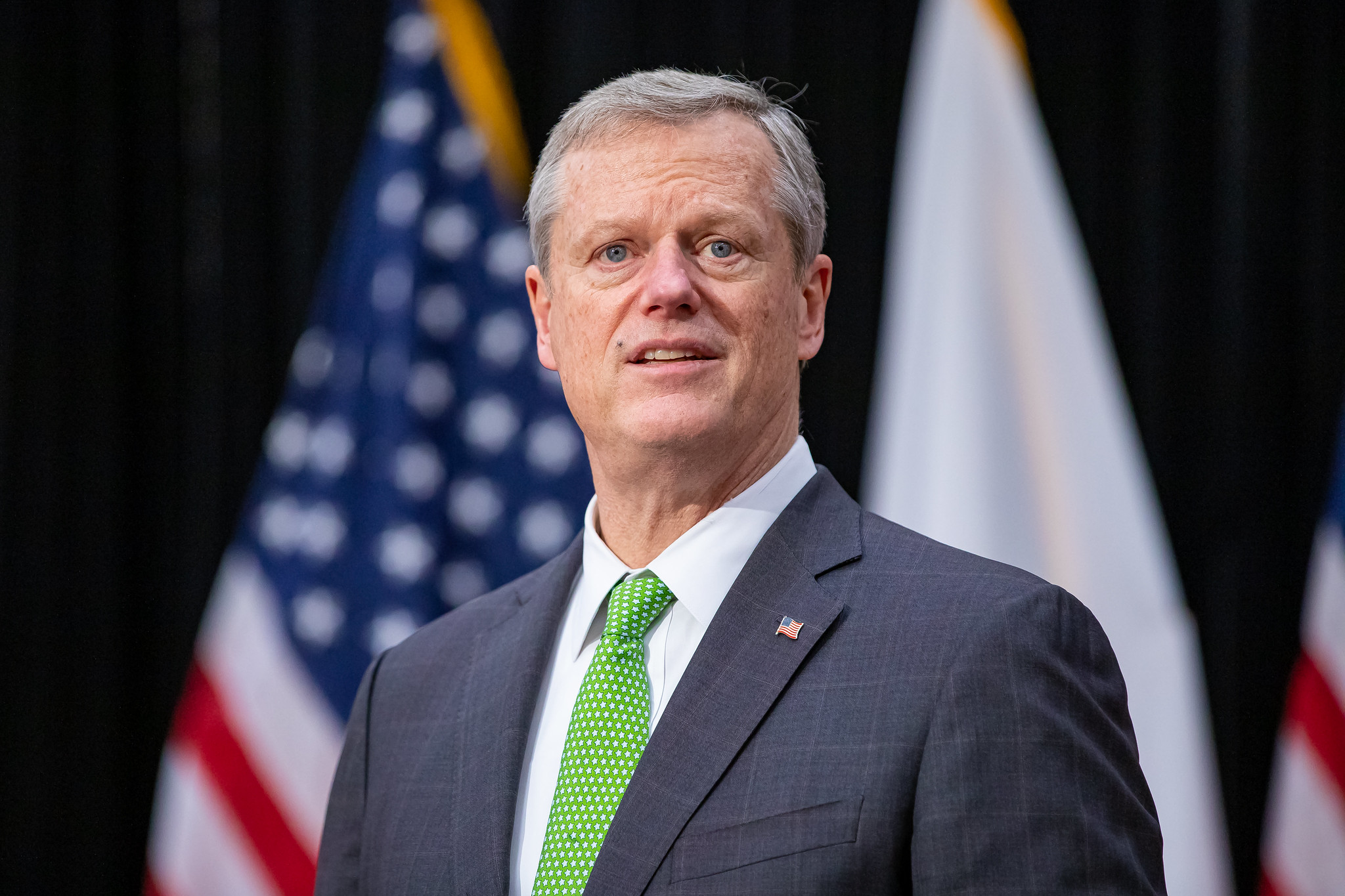With most K-12 schools in Massachusetts remaining in some sort of hybrid or remote learning so far this school year, many districts have set a goal of returning to more traditional learning in the fall.
But there are currently no plans to vaccinate children — which means we'd be relying on the herd immunity of adults only in the hope that it will reduce transmission among everyone.
"This is, unfortunately, an area where there are more uncertainties than data," said Dr. Rick Malley, Boston Children's Hospital's senior physician in the Division of Infectious Diseases.
More on the coronavirus vaccine in Massachusetts
Malley says the data we do have shows children are much less likely to suffer from severe complications of COVID-19.
"They do not seem to be major spreaders of the infection," Malley said. "Now, this may change as the new variants that you've been reading about may increase in numbers and in frequency in the United States."
That has led to a lot of questions from parents and educators alike.
"Will the classroom environment be safe?" asked Massachusetts Association of School Committees Executive Director Glenn Koocher. "Will kids be bringing home the virus to their family if they're not vaccinated?"
Koocher said the difficult decisions continue to rest with superintendents, principals and school committee members.
"Whatever you do, half the community is going to be angry with you," said Koocher.
There is also the concern that children who have allergies or are immunocompromised will have to remain remote, further isolating them from their classmates.
"Until we acquire some type of herd immunity, we'll need to have some special services for those kids," Koocher said.
"Whether that will happen in time for the fall, of course, is a really difficult question to answer at this time," said Malley.
Those vaccine studies in progressively younger children are ongoing, but it's unclear how long it will be before the vaccine could be considered for use in children under 16.



